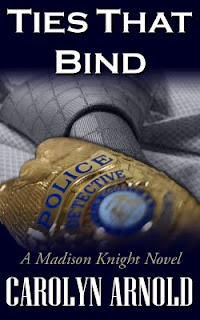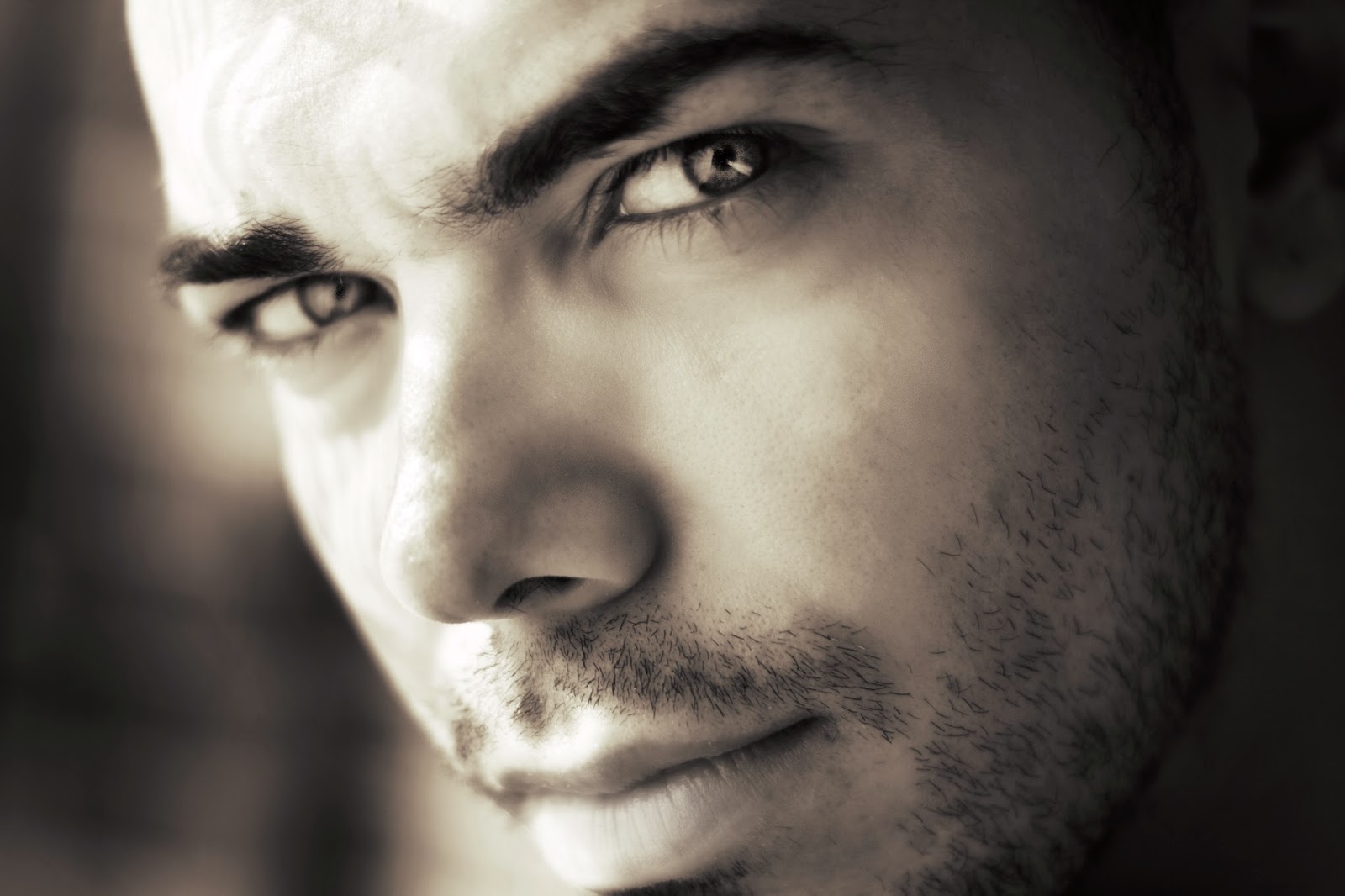We're Always Learning
Ask yourself, have you ever gone one day without asking a question? If you think about it, we’re always asking questions for the purpose of learning something, or to find out what others might think of our decisions or opinions. Really, the main purpose of asking questions is to gain insight, and to grow. That’s the key right there. If we never asked questions, we wouldn’t grow. Our knowledge would be stifled. As children, we go through a stage where the question is always why . As adults, isn’t it true that we ask the same question often enough. Of course, the question doesn’t come out in a constant stream, but you get my point. We grow every day, and some of this comes as a direct result of asking questions, and getting the answers. How can we apply this to our writing? Think character development. As a plot advances, different twists and turns may have our characters out of their “comfort zone”. Maybe they don’t understand why another character is acting a certain way.








